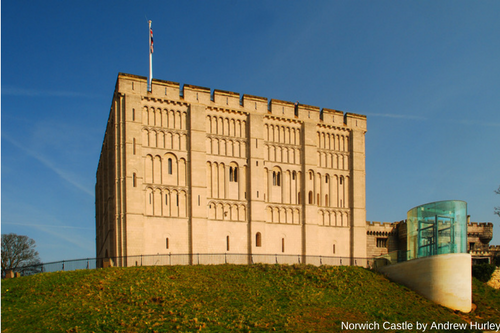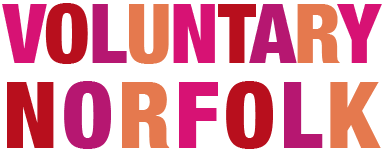Connecting with the Past: Volunteering Opportunities in Museums

Every year museums and historical landmarks around the country celebrate national and local heritage by participating in the organisation of exciting events for local communities. The largest of these celebrations of culture and history is the Heritage Open Days taking place across the whole England.
Organising such an amount of events requires a lot of help from volunteers. According to the festival’s website, over 40,000 volunteers took part in the organisation of last years’ events. This is a praiseworthy achievement and all participating volunteers deserve our respect and thanks.
Heritage Open Days, however, is not the only opportunity for volunteers to get involved with museums. Many museums look for volunteers all year round. What is more, there is a wide variety of opportunities available, catering to different interests and allowing people to develop different skills. In other words, there is something for everyone. Each opportunity promises further personal development, while also bringing the pleasure of meeting new people and helping to spread and maintain local heritage. Here we choose only a small amount of some of the roles that you might find in your local museums.
Costume interpretation
Whether being showcased behind glass or worn by staff, historical costumes are always found in museums. They are, indeed, an integral part of historical heritage. They reveal a lot about the way of life of our ancestors and add the appropriate atmosphere to accompanying events. Naturally, such costumes need to be made, tended to, repaired, if need be.
The responsibilities of volunteers working with costumes in local museums (or even small theatres) might include researching, helping with their construction, or keeping the wardrobe tidy. The Costume and Textile Association in Norwich also welcomes volunteers in a range of positions. Even if sewing is not exactly your thing but you are interested in the history of fashion you can help with the organisation of their events or writing for their newsletter.
Collections and Documentation
Working with collections and their documentation allows you to really look behind the scenes of museums. It is a rather versatile role potentially involving a broad range of responsibilities. You would help with maintaining the museum’s collections, researching items, adding them to a database. You can also help with the digitalisation of certain documents and thus making them more accessible to the public.
Display Team
When the items are collected, identified and documented, it is the responsibility of the Display Team to create interesting and engaging displays. This role will therefore need you to be creative and pay attention to detail. Thanks to your work the public can see the treasures of the museum and satisfy their hunger for knowledge. Researching items and writing texts for displays might also be part of your responsibilities.
Learning Team
If you have passion for passing on knowledge to future generations, then perhaps becoming part of the Learning Team is for you.
As part of this team you might end up researching hidden histories and taking part in writing learning resources for children and young people as well as delivering learning programmes for schools. Your creativity can also be put to use – this role often involves coming up with ways to make the learning process engaging and fun rather than simply writing pages and pages of booklets.
Have a look at the Norfolk Museums’ Learning Resources to get a better idea and consider applying for some current opportunities.
Reminiscence Programmes
Numerous museums run reminiscence programmes that usually try to attract elderly people, although all generations can get involved. Indeed, reminiscence groups have some benefits for people with dementia. However, another potential advantage of these programmes is the opportunity to encourage partnerships across generations.
The aim of these programmes is to use historical items (tangible, visual, aural, you name it) to encourage discussion and the exchange of life stories and experiences. If you are easy-going and lively you might consider becoming a coordinator of such sessions in your local museum.
What interests you?
We admit that this is only a very brief description of possible opportunities in museums and other heritage sites. It is impossible to give justice to all the positions available to volunteers in such a short text. Different museums can offer volunteering opportunities suited to other interests such as gardening, or cars. Your communication skills and interest in history can also be useful while delivering guided tours. It is only a matter of identifying what you enjoy the most and contacting your local museums. We offer you some options as a starting point:
- The Museum of the Broads
- Norfolk Tank Museum
- North Norfolk Railway
- Museums Norfolk
- RAF Air Defence Radar Museum
- Norfolk Museums
- Have a look at our portal for more volunteering opportunities
